
Putting together this list of standout fiction published so far this year wasn’t an easy task, mostly because it could just as easily have been twice as long. It’s been a very good year for fiction, whether your tastes head more towards classical storytelling, or narrative innovation, or incisive societal observations. What follows is a list of some of the books published in the first half of 2016 that have impressed us the most.
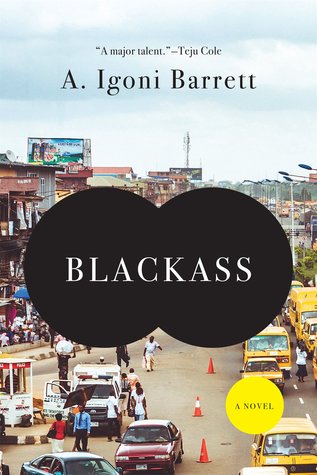
A. Igoni Barrett, Blackass
A. Igoni Barrett’s followup to his stunning collection Love Is Power, Or Something Like That is an extended riff on Kafka that takes into account questions of race and culture. And it’s an immersive portrait of contemporary Lagos. And it’s a spot-on satire of social media. And there’s a long meditation on gender in there as well. It all moves at a brisk pace, yet leaves the reader with plenty to ponder.

Yaa Gyasi, Homegoing
How in the hell did Yaa Gyasi fit so much into just over 300 pages? This is the type of sweeping family saga that so many writers wouldn’t be able to pull off, but Gyasi somehow makes it look easy.
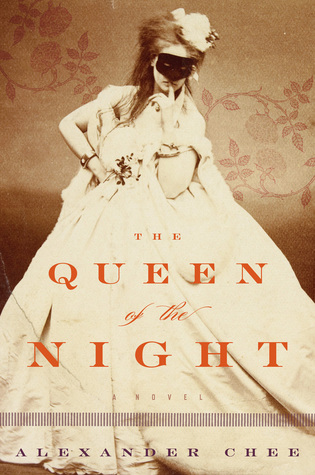
Alexander Chee, The Queen of the Night
Alexander Chee’s long-in-the-works second novel tells the story of a secretive opera singer in Paris in the 19th century. The story itself is wholly compelling, with the sweep of history behind it, but the way in which it explores the fluctuating personal and professional identity of its protagonist makes for a powerfully intimate read.
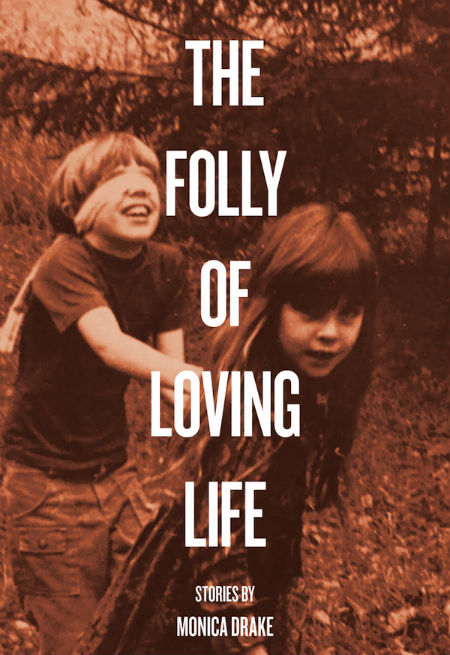
Monica Drake, The Folly of Loving Life
Remember that first time you read Jesus’ Son and felt a little jealous that a writer could pull something like that off? With her first collection, Monica Drake does something very much along those lines, shining a light on mundane little lives with enough heart and humor to make everything seem just fine.

Esmé Weijun Wang, The Border of Paradise
As bold debut novels go, The Border of Paradise has plenty going for it. While there are aspects of the family saga and Gothic fiction in here, it largely travels down a path of its own as it tells the complex story of one family across several decades in the second half of the 20th century.
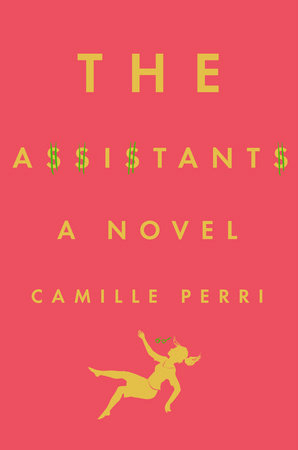
Camille Perri, The Assistants
The great pop socialist novel of 2016? Maybe not, but with her debut novel, Camille Perri gives us a great New York media novel as well as a pretty funny way to try and fix up the student debt crisis. Hint: redistribution. They’ll probably be studying this one in 30 years to figure out what was so weird and mixed up about our current times.
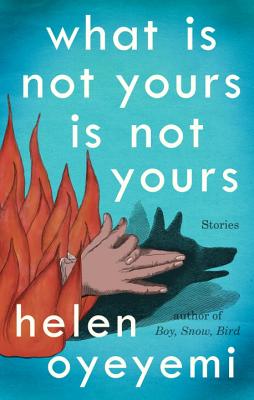
Helen Oyeyemi, What Is Not Yours Is Not Yours
Whether she’s giving centuries-old stories new life and new resonance or taking narrative tropes into uncharted places, Helen Oyeyemi’s fiction never fails to be powerful, unpredictable, and breathtaking. Her first collection of short fiction shows the full range of her creativity, and tells a number of wholly immersive stories along the way.
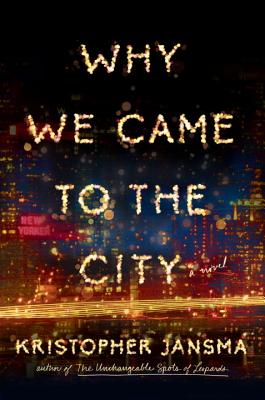
Kristopher Jansma, Why We Came to the City
Kristopher Jansma showed us why he’s one of the few young novelists that really gets how to write about being young and hopeless in New York City with The Unchangeable Spots of Leopards. Here, in his second novel, we get more of the same except even better. Despite however jaded you may want to act, the world needs great New York novelists, and Jansma is here to answer the call.

John Langan, The Fisherman
John Langan’s second novel is a nuanced portrait of a widower living in the Hudson River Valley, a neat example of how to nestle one narrative within the other, and one of the most unsettling stories of the uncanny and cosmic that you’re likely to read. And there are some homages to a certain Herman Melville novel in there, which never hurts.

Stephanie Danler, Sweetbitter
Ever worked a job that becomes your life? Ever think you could turn it into an unforgettable debut novel? That’s what you have here with one of the year’s most talked-about books.
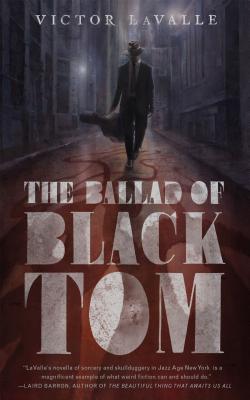
Victor LaValle, The Ballad of Black Tom
H.P. Lovecraft, visionary author. H.P. Lovecraft, massive racist. The two are not easy things to rectify, especially given how pervasive the latter aspect can be in his work. Thankfully, this year has brought this novella from Victor LaValle, which uses the cosmic horror template established by Lovecraft to tell a story of supernatural goings-on in 1920s New York that critiques Lovecraft’s racism along the way.
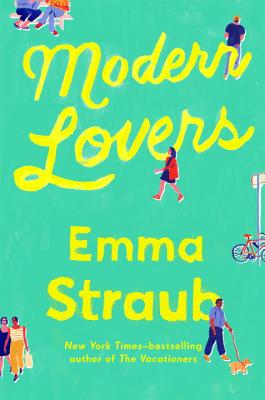
Emma Straub, Modern Lovers
You know the Hold Steady line about how “the kids at the shows they’ll have kids of their own, and the sing along songs will be our scriptures”? There’s a whole lot of that going in in Emma Straub’s new novel, about the former members of a cult indie band, now residing in the same Brooklyn neighborhood and grappling with creative frustrations and parenthood.
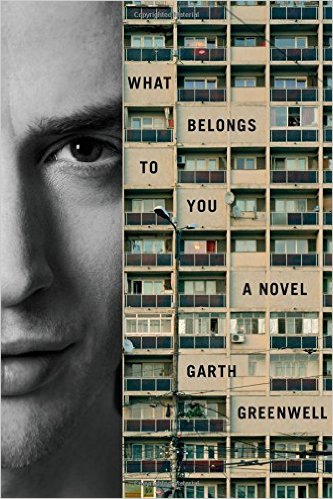
Garth Greenwell, What Belongs to You
Questions of intimacy, family, and nationality abound in Garth Greenwell’s novel, which focuses on an American teaching in Bulgaria, his tense relationship with a young hustler, and the haunting memories of his childhood. It’s a powerful read with some of the best use of language you’re likely to encounter this year.
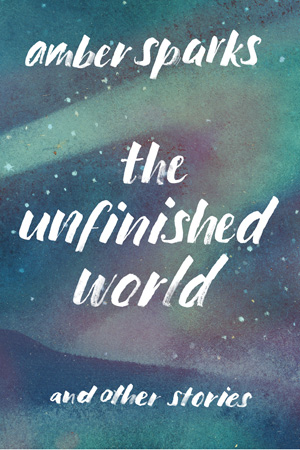
Amber Sparks, The Unfinished World and Other Stories
Amber Sparks’s new collection offers readers a host of stories of the mysterious, the haunting, and the ambiguous. Throughout, Sparks displays a master class in how to walk the fine line between emotional realism and narrative surrealism.

Robin Wasserman, Girls on Fire
Among the year’s most acclaimed novels is Robin Wasserman’s Girls on Fire, about the contentious friendship between two young women in 1990s Pennsylvania. With an unpredictable plot and details evoking the pop culture of the time, this is a haunting work of fiction.

Daniel Saldaña Paris, Among Strange Victims
Among Strange Victims is an impossible book to pin down, which accounts for some of its charm. What begins as the story of a hapless man in an accidental marriage eventually expands to include the history of an avant-garde artist, secret organizations, and time travel. It’s a novel that sneaks up on you in the best possible way.
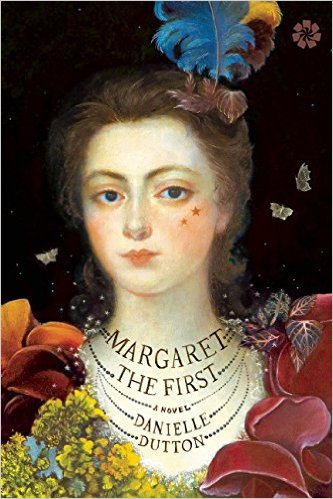
Danielle Dutton, Margaret the First
Danielle Dutton’s novel tells the story of the life of Margaret Cavendish, a writer and thinker who was centuries ahead of her time. Her protagonist’s story is an inherently compelling one, and Dutton makes a few bold narrative choices that accentuate things even further. This is a novel set in the past that never feels dated.

Brian Evenson, A Collapse of Horses
Brian Evenson’s fiction hits on a cerebral level and a visceral one, putting his characters in places that threaten their safety alongside their sanity (and, sometimes, their very existence). This new collection, released alongside new editions of three of his older works, offers a great summation of Evenson’s strengths as a writer.
Follow Vol. 1 Brooklyn on Twitter, Facebook, Google +, our Tumblr, and sign up for our mailing list.
